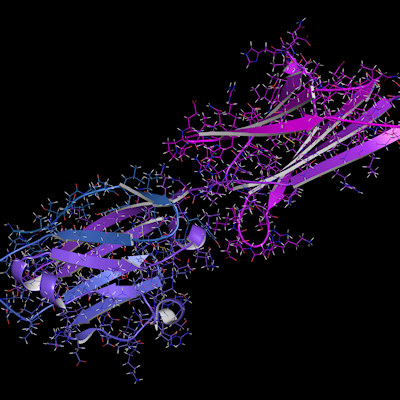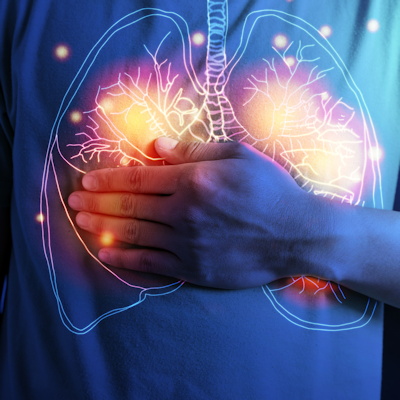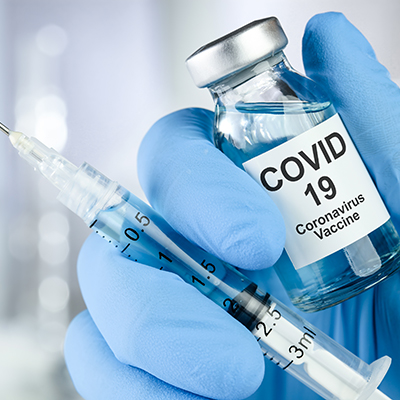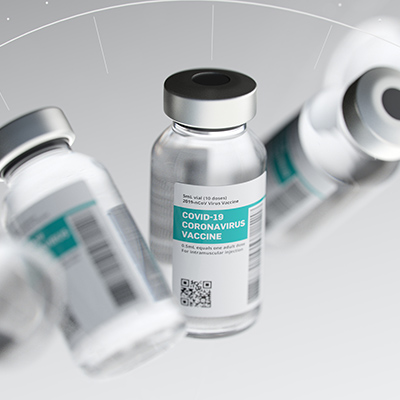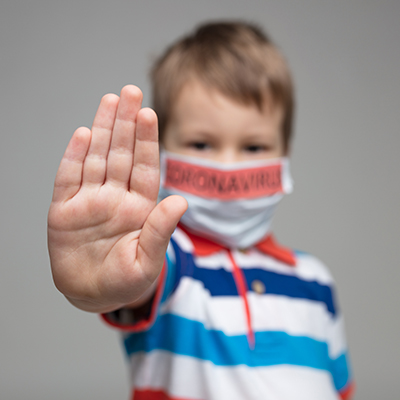January 3, 2023 -- Children and adolescents who received a COVID-19 vaccination following multisystem inflammatory syndrome (MIS-C) reported no serious complications, including myocarditis or reoccurrence of MIS-C. The NIH-funded observational study, published January 3 in the journal JAMA Network Open, indicates that it is safe to get a vaccine after having had MIS-C.
The study helps resolve questions about whether the COVID-19 vaccine increases the risk of health problems in young people who have had MIS-C, a rare and potentially fatal immune reaction that can occur following SARS-CoV-2 infection. Data on this topic had been lacking.
MIS-C affects one in about 3,500 children and adolescents who have had COVID-19. Symptoms occur a few weeks after infection, and can range from stomach pain, fever, and rashes to heart muscle inflammation -- a serious condition called myocarditis. MIS-C's exact causes are unknown. To date, more than 9,000 U.S. patients have been diagnosed with MIS-C and 74 have died, according to data from the Centers for Disease Control and Prevention (CDC). Other studies indicate that MIS-C may be declining.
The cross-sectional study included 22 medical centers (21 in the U.S. and one in Canada). It enrolled 385 patients 5 years of age or older with prior MIS-C who were eligible for COVID-19 vaccination. Their median age was 12.2 years and 73.5% were male. The participants were racially diverse: 24.3% were Black, 31.9% were Hispanic, and 28.6% were white. Of this group, 185 (48.1%) received at least one subsequent vaccine dose. The median length of time from their MIS-C diagnosis to their first vaccine dose was nine months.
About half of the participants -- a rate similar to that of the general population -- experienced typical mild reactions, including arm soreness and fatigue, following their COVID-19 vaccination. There were no reports of serious complications such as myocarditis or MIS-C recurrence. The findings support CDC recommendations that it is safe for patients with a history of MIS-C to receive a COVID-19 vaccine at least 90 days after diagnosis.
While many patients with MIS-C make a full clinical recovery, some studies suggest chronic symptoms may linger, pointing to the need for long-term outcome studies. The current study is part of a collaborative NIH research effort which seeks to better understand how COVID-19 affects children, who account for roughly 13% of total COVID-19 cases in the U.S.
"We are very reassured by the results and this safety data should be comforting to families and healthcare professionals when considering and recommending vaccination," said co-author Dr. Matthew D. Elias, pediatric cardiologist at the Children's Hospital of Philadelphia, in a statement.
Copyright © 2023 scienceboard.net




